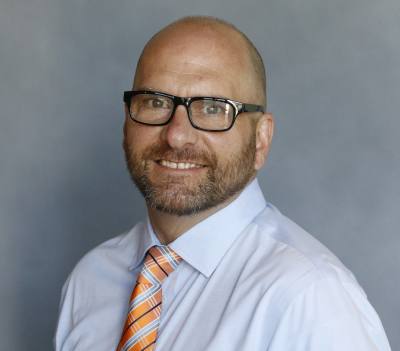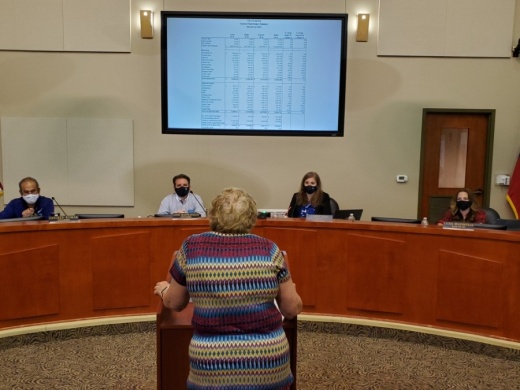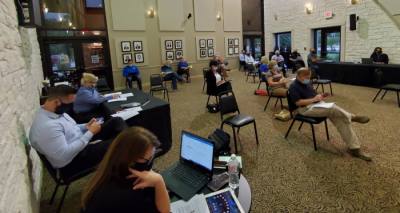Due to the two public hearings on the proposed budget and tax rate, Lakeway decided to host its first in-person meeting since March, when the coronavirus pandemic began to take hold in Travis County. Council, city staff and attendees all wore face coverings and maintained social distance.
After initially proposing in August a maximum property tax rate that would increase revenue by 3.5%, the tax rate has been reduced at every meeting. The new proposed rate is a no-new-revenue tax rate of $0.1653 per $100 of assessed value. The current rate of $0.1645 has been in place since FY 2018-19.
Lakeway’s total assessed taxable value dropped $14.08 million year over year to $4.98 billion, so the average city homeowner's tax bill should remain the same despite the higher rate, according to City Manager Julie Oakley. The no-new-revenue tax increase should keep the city's property tax revenue flat year over year.
The city’s proposed $15.06 million budget includes four new positions and two vehicles. According to City Manager Julie Oakley, staff had since the Sept. 8 meeting projected $88,350 in additional savings from FY 2019-20 and removed $9,250 in expenditures from the FY 2020-21 budget.
No staff pay raises are in the proposed budget, saving $180,000. However, council members said they could revisit the issue with a budget amendment if revenue streams bounce back.
Although three full-time and two part-time vacant positions are frozen in the proposed budget, the proposed budget contains four new positions: a grant coordinator; a planner; a fleet management coordinator; and an emergency management coordinator, which would be a regional position funded by an interlocal agreement with The Hills and Bee Cave.
Some council members and speakers during the public hearings wondered if the city could instead use contractors or volunteers for grant writing. Oakley said the grant coordinator would oversee all phases of the grant process, not just writing the application, and the position should pay for itself by acquiring various grants for city projects.
A police officer currently manages the fleet, spending 40% of their time maintaining vehicles and transporting them to and from mechanics, according to police Chief Todd Radford.
Council Member Sanjeev Kumar said the current practice is inefficient.
“I don’t want to pay a police officer’s salary to manage my fleet,” he said.
After initially removing the items from the proposed budget, a new police vehicle and public works truck will be included in the budget as placeholders. If finances look steady after the first quarter, they will be purchased, council agreed.
Three people spoke during the two public hearings. Two spoke out against the tax rate increase, while a third spoke out against the proposed budget. All of the speakers cited a need for the city to reduce expenses due to individuals and businesses facing pandemic-related difficulties.
Mayor Sandy Cox said Lakeway citizens, compared to other municipalities, are not heavily taxed by the city.
“In the state of Texas, we’re in the bottom 6% of taxing entities” in terms of city taxes, Cox said.
When talking about the need for a city planner, one of the four new positions, Kumar said the city needs to think more about Lakeway’s future. As an example, he cited the inevitable development around the planned expansion of RR 620.
“You have to balance short term with long term,” Kumar said. “We always ignore the long term.”
Cox also took time to address rumors the city was trying to "defund the police" and hire eight, instead of four, new employees.
“Nowhere did we have eight positions. It was four,” she said. “[The money spent on police in this year's budget] is 7% higher than what it was last year. People are putting a narrative out there that isn’t necessarily true.”
Lakeway City Council plans to return to virtual meetings, starting with the Sept. 28 meeting.






